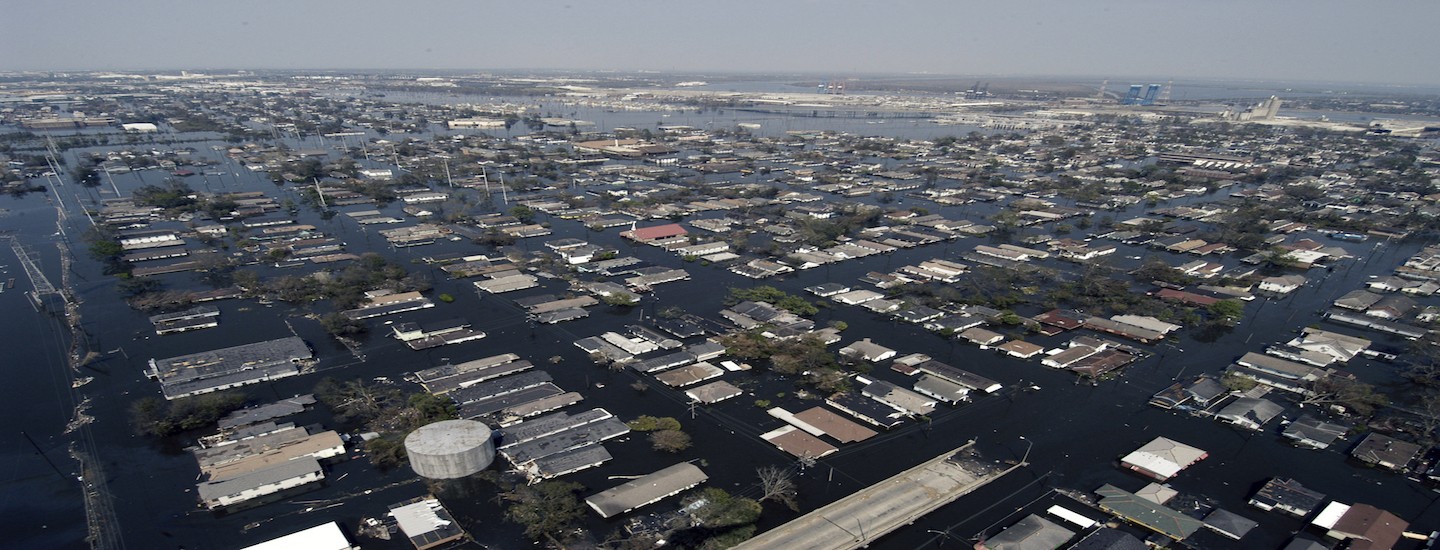
08.08.23
Climate Action Funding for our Coasts: A Guide for Tribes, States, and Cities.
By Stefanie SekichOver the past two years, the Biden Administration signed two major pieces of legislation into law; the Bipartisan Infrastructure Law (BIL) and the Inflation Reduction Act (IRA). Between these two bills, there is over $5 billion earmarked specifically for advancing coastal resilience and planning for climate change impacts.
Surfrider and partners aim to ensure that these funds will actually help communities adapt to climate change and plan for sea level rise, such as by encouraging municipalities, decision makers and other institutions apply for and use funding to:
-
Update land use plans in order to prepare for climate change impacts and sea level rise.
-
Support community-driven relocation for vulnerable infrastructure such as transportation, homes, businesses, hospitals, etc.
-
Advance Nature-Based Solutions, including:
-
-
Assisting communities with protecting & restoring coastal dunes, wetlands, and “blue carbon” ecosystems, and use Nature-Based Solutions in disaster recovery,
-
Expanding financing to frontline communities for Nature-Based Solutions and habitat conservation easements, and
-
Partnering with communities, Tribal, and state/local governments to establish habitat and blue carbon migration pathways to ensure landward space for sea level rise.
-
-
Provide technical assistance for regional planning, with a focus on Tribes, marginalized, underserved and rural communities; and identify barriers and opportunities to integrate environmental justice principles into coastal resilience planning.
Surfrider, along with other NGOs, are looking forward to helping educate states and local entities on opportunities to obtain and apply these funds proactively. In total, there is over $5 billion that explicitly goes toward coastal resilience planning ($3 billion from BIL and $2.6 billion from IRA). There are also other IRA and BIL funding mechanisms that can be used for climate response planning.
Surfrider will be working on the ground to help implement the following projects and policies; and will help connect tribes, state agencies, and local municipalities to funding sources.
-
In Washington, Surfrider will be working to help implement new regulations that require local land use plans to include sea level analysis and help the state identify grant opportunities for sea level rise planning.
-
In Oregon, we are working with local organizations to restore the Ecola Creek and will help local communities identify grant opportunities for updating land use policies.
-
In California, we are working to improve coastal resilience along the California coast by leading and participating in dune restoration, and working with local communities and state agencies to conduct long term planning for vulnerable coastal infrastructure.
-
In New Jersey, we will continue our dune restoration work and will help the city of Asbury Park update land use plans and identify grant opportunities.
-
In Florida, we will help the state and local municipalities identify funding that will go toward conducting sea level rise vulnerability analysis, per recent law that passed.
-
In Hawaii, Surfrider has been working in local communities to plan for climate change impacts such as chronic erosion. We will also work to help state and local communities identify funds for retrofitting and relocating vulnerable roads. Every island in Hawaii has a road that is continually exposed to ocean waves and chronic erosion.
-
In Puerto Rico, we have been restoring mangroves and working with local communities on restoration projects. In addition to this work, we will help local municipalities identify funds for more restoration projects.
Check out this resource for a current list of federal funding opportunities provided by the BIL and IRA to advance these coastal resilience priorities!
